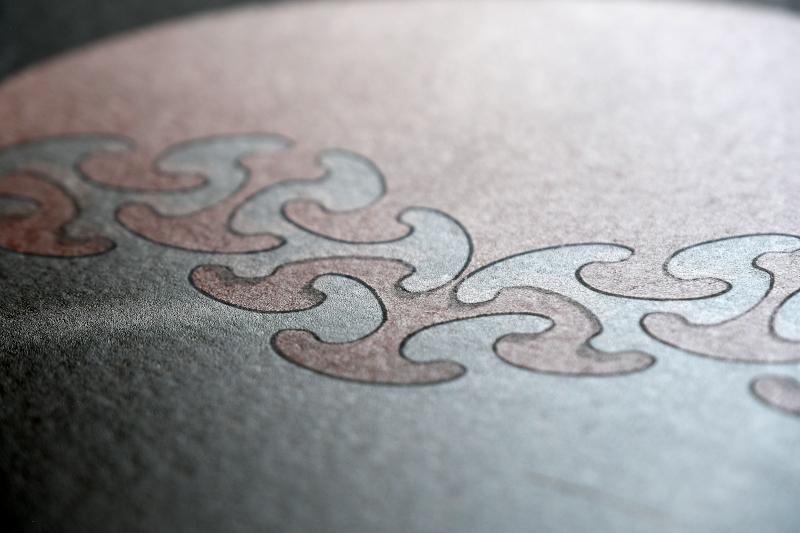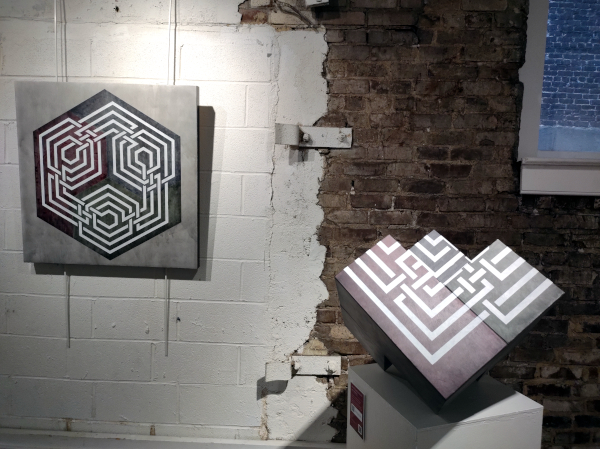Category: available for purchase
-

triangle-based surface-tiling curve segment intersection
splined variation of an octahedron’s surface-tiling curve
-

encompassed surface-tiling curve segment
surface-tiling curve segment resembling a certain piece of local architecture






